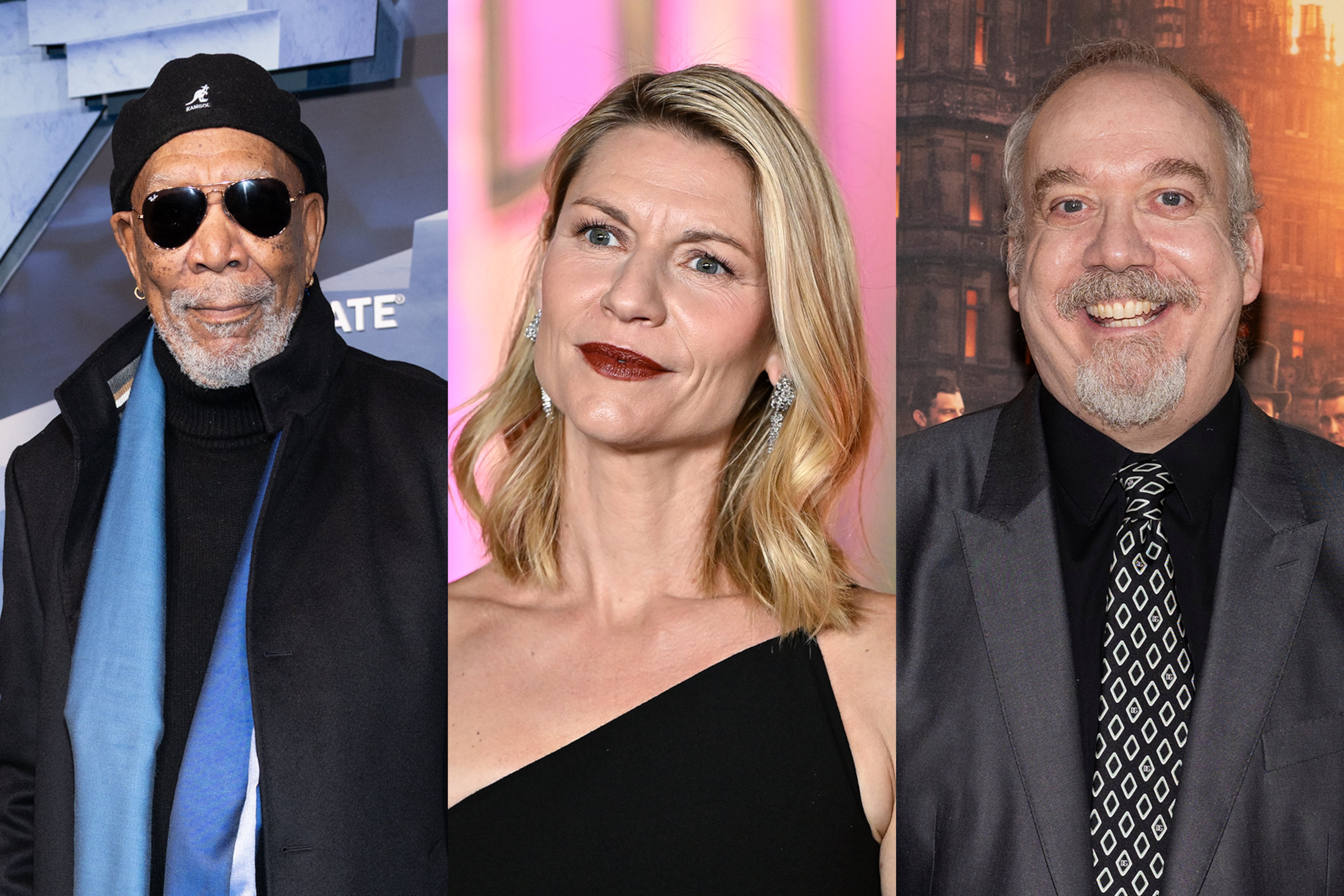Ken Burns dives deep in ‘The American Revolution,’ laments federal cuts

Ken Burns revolutionized the way historical documentaries were made before the internet was even a common term, so it’s hardly a shock he’d eventually tackle America’s fight for independence in his latest opus “American Revolution” on PBS.
The timing of this release is unusually apt given the current political climate. But this 12-hour, six-episode documentary stays distinctly in its time frame, leaving viewers to tie any past events with current-day matters.
When Burns came to The Carter Center stage in May to promote “The American Revolution” six months before its release, he didn’t utter Donald Trump’s name a single time during a presentation for Georgia Public Broadcasting supporters featuring clips from the doc.
“What is so spectacularly inspirational is the men, the women, the Native Americans, the European ancestors and the Blacks who were kidnapped who are all central to the creation of this story,” Burns said on stage. “The heart of the story is how for the first time in human history, people are citizens and not subjects. We are asking human beings to take on this incredibly difficult responsibility. It still is today, more than ever.”
When Burns was in town, Trump’s administration was already trying to defund the Corporation of Public Broadcasting. By July, the President had convinced Congress to end more than $1 billion in funding for CPB, effectively ending federal support of public media.
Burns told The Atlanta Journal-Constitution in May that he was confident CPB would survive. He was wrong.
“It’s pretty devastating,” Burns told Detroit’s NPR station in September. “We’ve directly lost over $4 million in money that was already committed to upcoming projects. Fortunately, not this one. The money had already been paid out. It’s so incredibly short-sighted. This will hurt Homeland Security, emergency alerts. These are all things that have now just been sacrificed. It’s really tough.”
To the AJC, Burns dubbed critics who call PBS and NPR politically biased “ridiculous,” noting that conservative political commentator William H. Buckley had a show on PBS for 33 years (though that show ended in 1999.)
“My own films, I don’t have a political point of view in them,” Burns told NPR’s Morning Edition in July. “I call balls and strikes.”

As an independent filmmaker, Burns has been working with PBS for 48 years, exploring everything from baseball and the Civil War to the national parks and jazz. He is an erudite man who will quote Greek philosopher Aristotle, English poet John Keats and former New York Sen. Daniel Patrick Moynihan with ease.
And he remains determined to give PBS viewers thoughtful, nuanced, in-depth documentaries.
“I could go to a streaming service or premium cable and get my budget in one meeting,” Burns said. “But they’d want it next year.”
PBS gives Burns all the time he needs to work his magic. His World War II doc “The War” took six years to complete. “The Vietnam War” took 10-and-a-half years. “American Revolution” ate up another decade. (Burns works on multiple projects at once.)
That extra time matters, Burns said. “All meaning accrues in duration. We are given a great gift in sustained attention in these projects, which we could find nowhere else.”
Christopher Brown, a Columbia University history professor who spent several years helping Burns on “The American Revolution,” said a truncated timetable would not allow for “new thought or (to) discover a new voice. You can’t put things together in unusual ways. I’ve been teaching the American Revolution my entire career, yet I learned so much from this documentary I did not know. That is scholarship.”
Burns had never gone back this far in time, which meant no contemporary photographs or video were at his disposal.
Instead, he used paintings, close-ups of diary entries, documents, letters and “more maps than all previous documentaries combined,” he noted. And he spent hundreds of hours filming Revolutionary War reenactments on battlefields from New Hampshire to Georgia.
Burns acolytes have also learned to play “name that famous person” when he hires A-list actors to voice the actual words of soldiers, politicians and other key historical figures who are long dead. “The American Revolution” is no different.

Burns has such caché, he can convince dozens of the biggest names in Hollywood to take part, such as Josh Brolin (George Washington), Jeff Daniels (Thomas Jefferson), Matthew Rhys (Thomas Payne), Morgan Freeman (James Forten), Claire Danes (Abigail Adams) and Tom Hanks (seven different people.)
And Paul Giamatti, who won an Emmy in 2008 for playing John Adams in an HBO limited series? He (of course) voices Adams.
“This is a cast so vast no Hollywood film could ever put them all together,” Burns said.
The most intriguing figure in the doc, Burns said, was America’s first president.
“He is deeply flawed,” Burns said. “He’s rash. He risked his life on the battlefield. He was spectacularly heroic in sometimes foolish ways. He makes two glaring errors in two big significant battles, yet he remains the most important person in the story.”
Burns noted that people are not binary, neither all evil nor all good: “As Wynton Marsalis said in the jazz film, ‘Sometimes a thing and the opposite of the thing are true at the same time.’ Good stories allow for complexity.”
If you watch
“American Revolution,” all six episodes now available on PBS on demand



